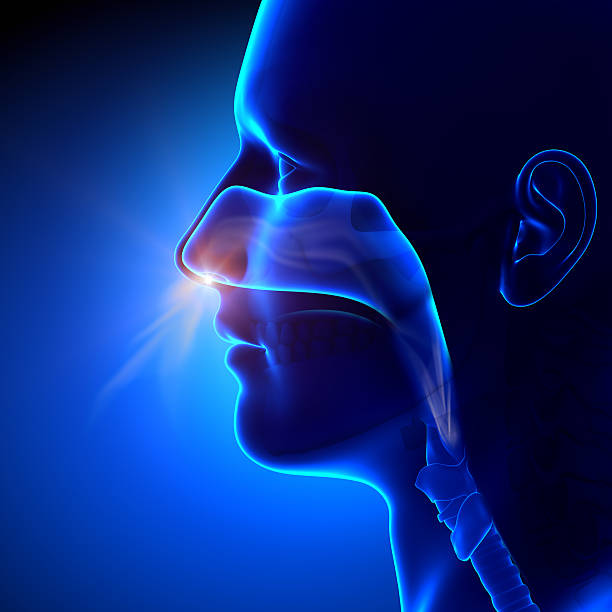+918048035590

This is your website preview.
Currently it only shows your basic business info. Start adding relevant business details such as description, images and products or services to gain your customers attention by using Boost 360 android app / iOS App / web portal.
Allergic Rhinitis Treatment In Chembur Allergi...

Allergic Rhinitis Treatment In Chembur Allergic rhinitis, commonly known as hay fever, is a condition in which the immune system overreacts to allergens, leading to inflammation and irritation of the nasal passages. It can be seasonal (triggered by pollen during specific times of the year) or perennial (occurring year-round due to indoor allergens like dust mites, pet dander, or mold). The treatment of allergic rhinitis aims to alleviate symptoms, improve quality of life, and prevent complications. Treatment options include: Allergen Avoidance: Whenever possible, try to minimize exposure to known allergens. Keep windows closed during high pollen seasons, use air purifiers to reduce indoor allergens, and wash bedding regularly to decrease dust mites. Antihistamines: These medications block histamine, a chemical released during an allergic reaction that causes itching, sneezing, and a runny nose. Antihistamines can be found over-the-counter or prescribed by a healthcare provider. Intranasal Corticosteroids: These nasal sprays are effective in reducing inflammation and relieving nasal congestion, sneezing, and a runny nose. They are available both over-the-counter and in prescription-strength formulations. Decongestants: Over-the-counter oral or nasal decongestants can temporarily relieve nasal congestion, but they should not be used for more than a few days, as prolonged use can lead to rebound congestion. Cromolyn Sodium: Available as a nasal spray, cromolyn sodium helps prevent the release of histamine and other inflammatory substances. Immunotherapy: Allergen immunotherapy, also known as allergy shots, can be recommended for individuals with severe or persistent allergic rhinitis. It involves regular injections of allergens in gradually increasing amounts to desensitize the immune system and reduce the severity of allergic reactions. Saline Nasal Irrigation: Rinsing the nasal passages with saline solution can help remove allergens and mucus, providing relief from nasal congestion and irritation. Leukotriene Receptor Antagonists: These oral medications block the action of leukotrienes, which are inflammatory chemicals that contribute to allergy symptoms. Combination Medications: Some medications contain a combination of antihistamines and decongestants to provide relief from multiple symptoms. Nasal Glucocorticoids: These prescription nasal sprays, such as fluticasone and mometasone, are potent anti-inflammatory medications that can effectively treat allergic rhinitis symptoms. It's essential to consult a healthcare provider before starting any new medication, especially in the case of children, pregnant or breastfeeding individuals, or those with other medical conditions. A proper diagnosis and personalized treatment plan can help manage allergic rhinitis effectively and improve the overall quality of life for those affected.

